Uncertain points, from the cost of the certification to the measurement criteria, prevent the private sector from seeing ahead. While the exporters draw attention to the importance of the implementation of the national emissions trading system, they warn that otherwise the resource that is not allocated for conversion will have to be paid as tax to the EU.
The Carbon Border Adjustment Mechanism (CBAM) will enter into force on 1 October 2023, with reporting for data collection purposes. All eyes are on the related sectors in Turkey. At the first stage, the application will cover the most carbon-intensive sectors such as rebar and steel, cement, fertilizer, aluminum, electricity and hydrogen and some sub-products. Turkish exporters have been trying to take various actions, especially sustainable energy investments, to 'green' their production processes for some time. However, the lack of clarity in some criteria in CBAM worries everyone.
Companies exporting to the EU want issues such as how to obtain CBAM certificates from which institution, what the price will be per product, and whether there will be a set-off with environmental taxes paid in Turkey as soon as possible. At the same time, exporters say that the national emissions trading system in Turkey should be adopted as soon as possible.


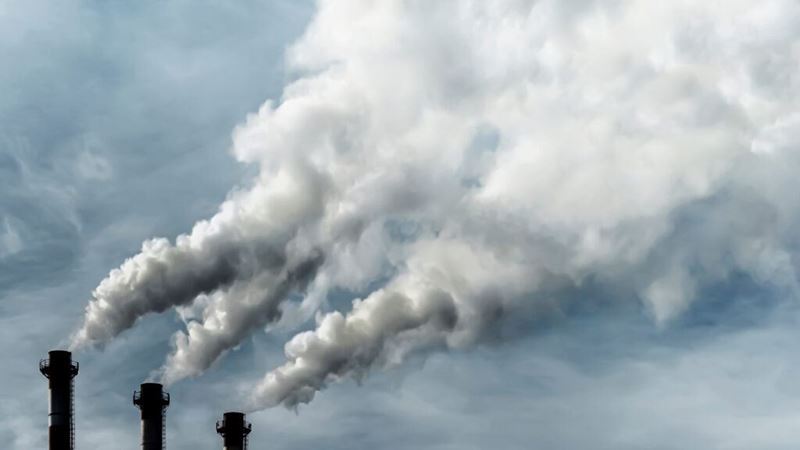

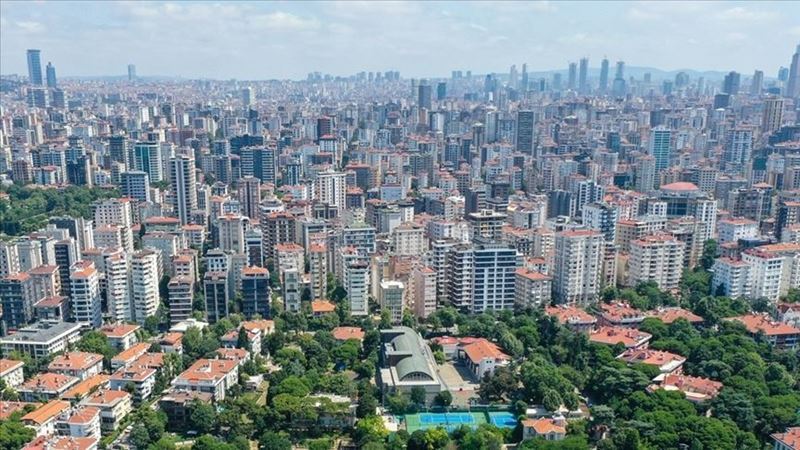
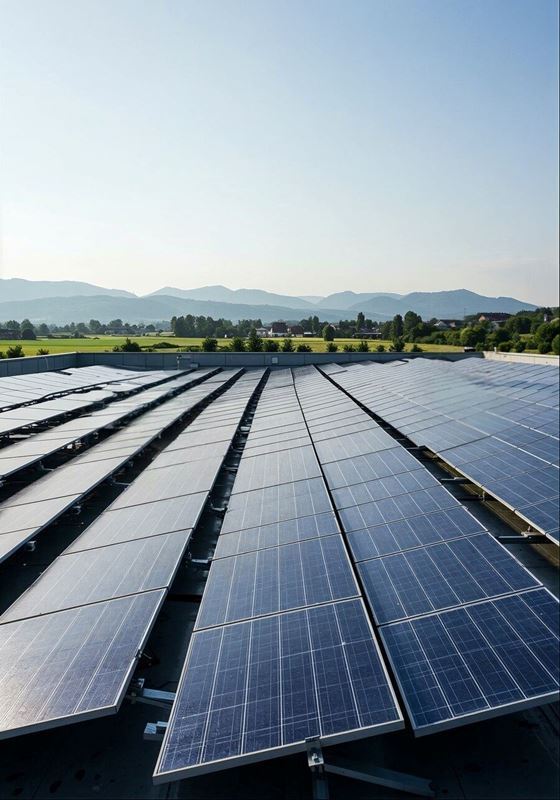
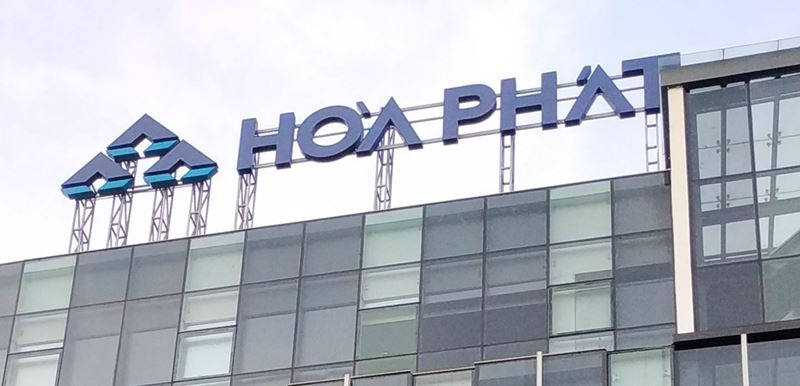
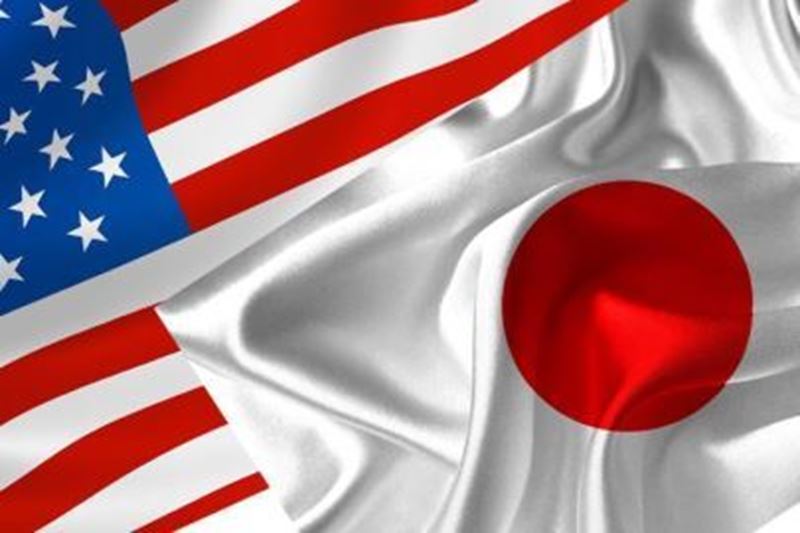
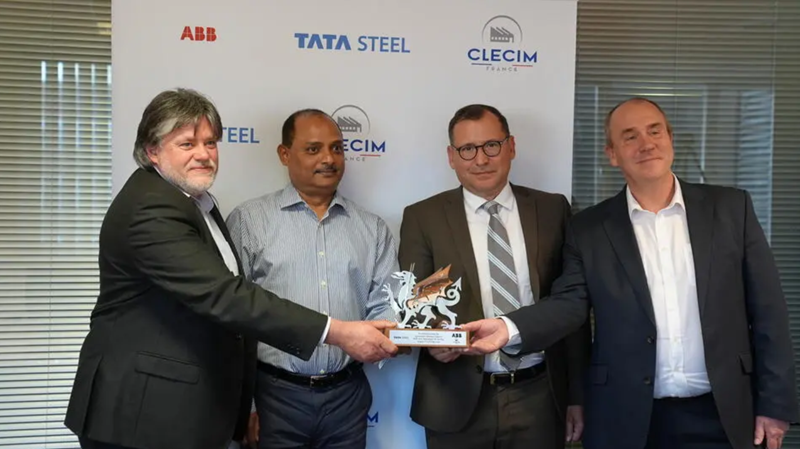


Comments
No comment yet.